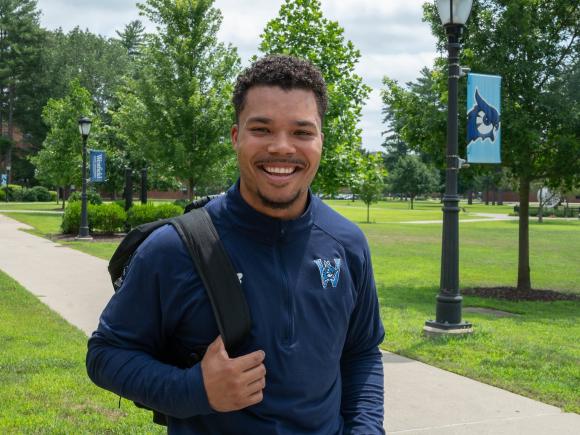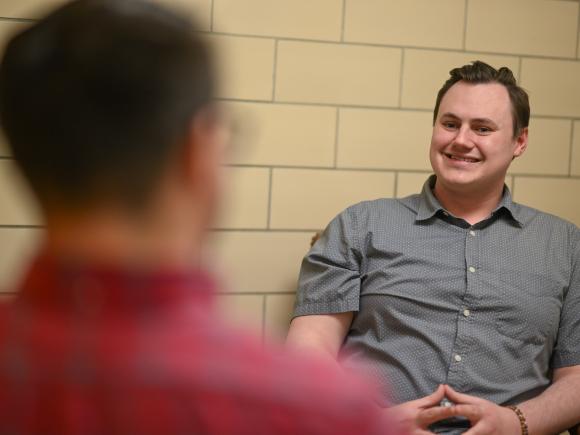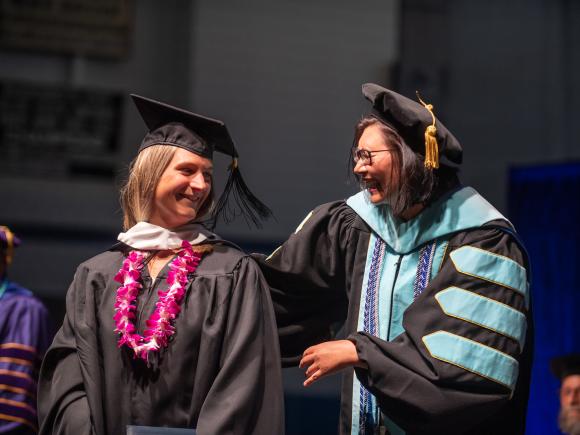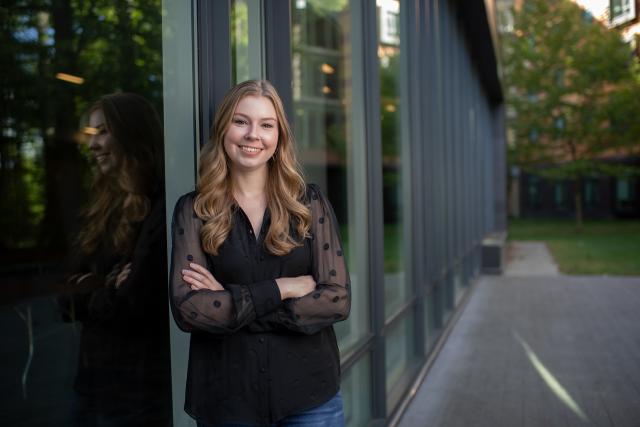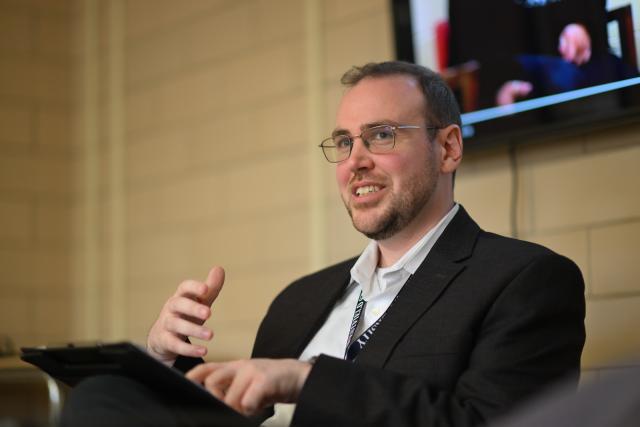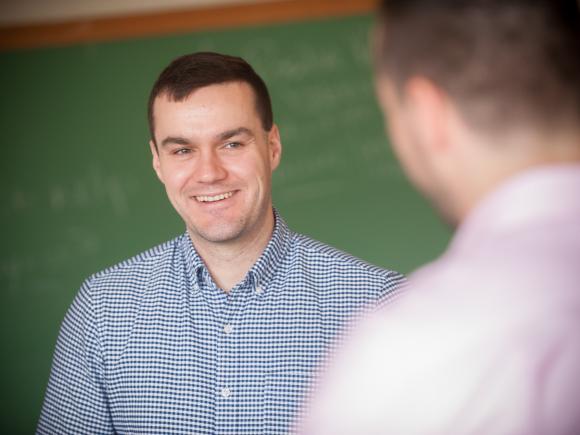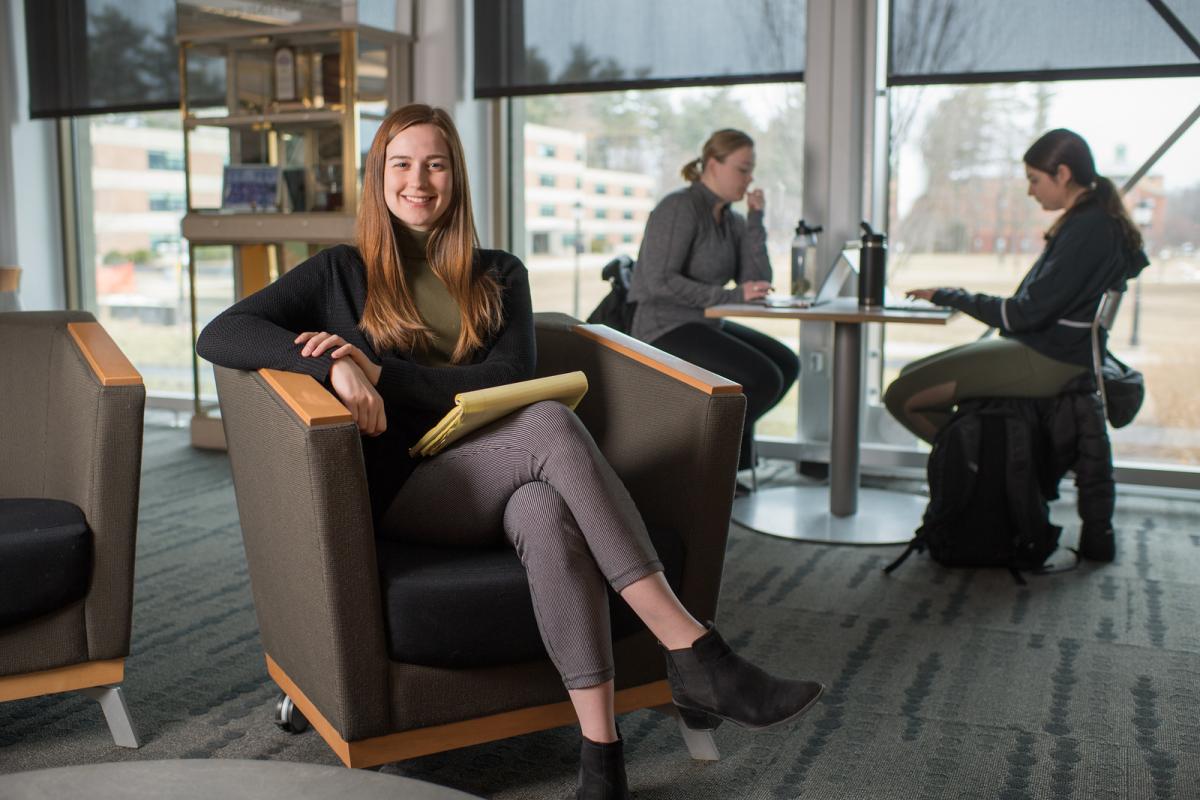
Westfield State University’s Master of Arts in Counseling curriculum covers theory, research, and applied skills that encourage you to develop critical-thinking, inquiry, and reasoning skills. You’ll build a solid foundation in general counseling knowledge, methods, and best practices while also specializing in a specific counseling concentration to match your career goals.
No matter which concentration you select, you’ll learn from expert faculty with real-world experience in a supportive learning environment dedicated to exploring diverse perspectives and ideas. Your counseling master’s degree will help you develop career-targeted skills, as well as a broad skillset transferrable to a variety of jobs and professional settings.
Available concentrations:
Mental Health Counseling
Completion of the Mental Health Counseling track is the first step toward fulfillment of a Massachusetts mental health counselor license. Successful completion of these 60 credits will offer you the opportunity to apply for licensure as a mental health counselor. The program of study for mental health counselors consists of 36 credits of required core courses, 12 credits of electives, and 12 credits of internship (600 hours). Practicum requirements for licensure are included in several core courses, as well as two supervision classes.
Forensic Mental Health Counseling
A concentration in Forensic Mental Health will prepare you for jobs that address the mental health needs of offender populations. Our curriculum is designed to provide you with specialized training in theory, assessment, and treatment, as well as applied experience in criminal justice settings.
If you are interested in research or continuing your graduate education, you will have the opportunity to complete a thesis or independent study project. Upon graduation, you’ll be prepared for licensure in mental health counseling.
Law Enforcement Co-Response Concentration in Mental Health Counseling
The Law Enforcement Co-Response Concentration in Mental Health Counseling prepares students to work with law enforcement in addressing community mental health and forensic populations. The program covers topics like mental health challenges, crime, legal frameworks, and crisis intervention. Graduates gain hands-on experience and meet the licensure requirements for mental health counseling.
School Counseling, Initial Licensure
The School Counseling (formerly School Guidance Counseling) concentration prepares graduates for Massachusetts licensure as a school counselor at the Initial level with the Department of Elementary and Secondary Education. School Counselors play a vital role in supporting students’ academic, career, and personal development. They provide individual and group guidance to help students create academic plans, navigate career choices, and address personal challenges as they traverse their elementary and secondary grade years. In addition, School Counselors evaluate students’ abilities, interests and personalities to help them develop realistic academic and career goals. School Counselors also engage in broader initiatives towards prevention, advocacy, and awareness of important issues such as drug abuse, bullying, and other significant challenges faced by students in the school setting.
School Adjustment Counseling, Initial Licensure
The School Adjustment Counseling concentration prepares graduates for Massachusetts licensure at the Initial level with the Department of Elementary and Secondary Education. School Adjustment Counselors provide individual and group counseling to students in the school setting. School Adjustment Counselors develop and implement intervention strategies to address social, emotional, and behavioral issues, conduct assessments to identify students' needs and appropriate services, offer crisis intervention as needed, addressing urgent mental health or safety concerns, and coordinate with external agencies and community resources to provide additional services to students.
